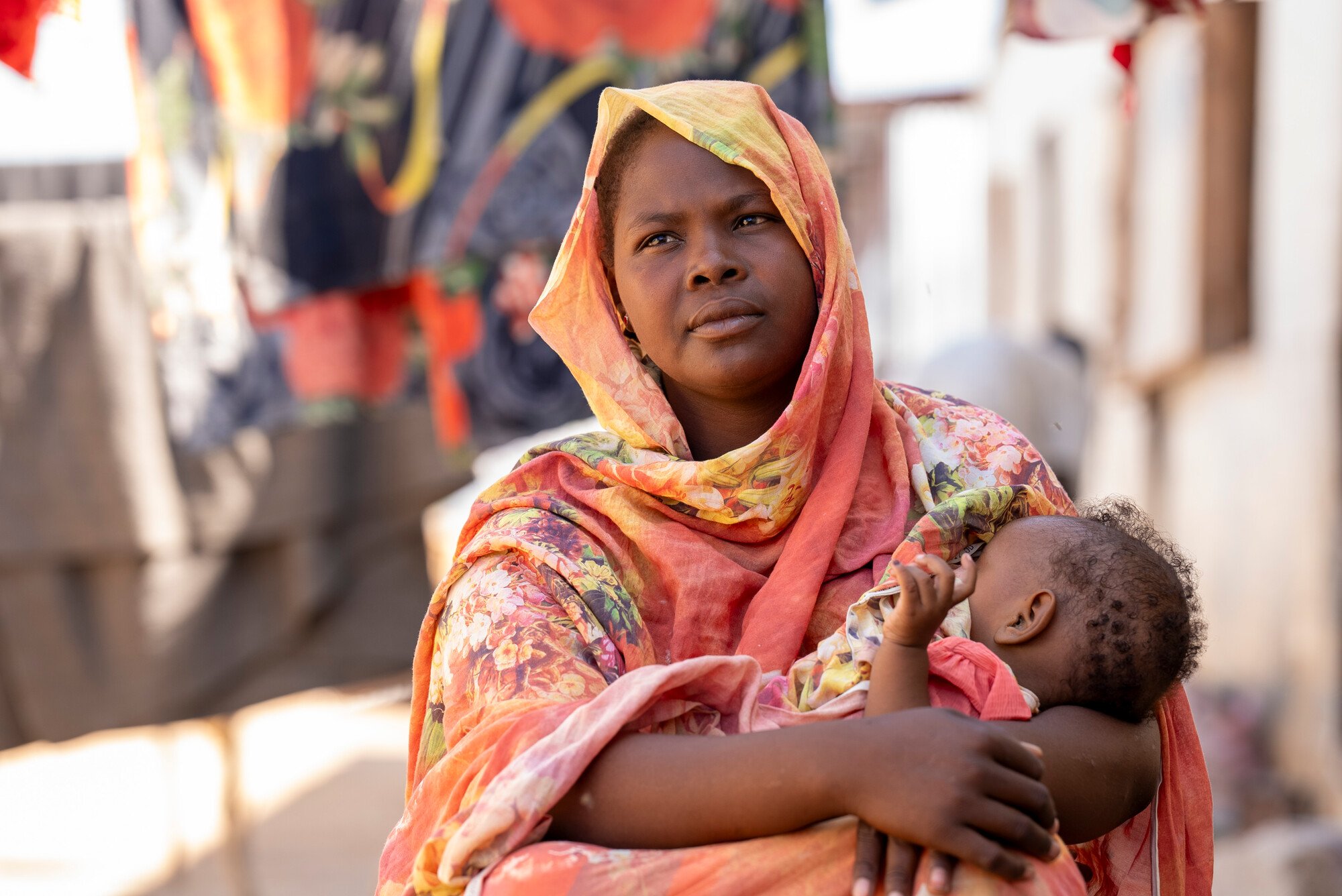Press releases
Timely communications on global policy decisions, emerging crises, and our work in the affected areas.
Search model: articles | Press release
Search root:
Author: None
Topics:
Policy topics:
Locations:
Tags:
Use data-feed: /datafeed/?m=60&perpage=10
- Oxfam Reaction to IPC Report on Gaza showing improvement but majority still facing acute food insecurity
- Dec. 19, 2025
- G20 countries should oppose ‘geopolitical bullying’ and refuse to participate in US-led G20 until South Africa invited, says Oxfam
- Dec. 4, 2025
- Indonesia flash-floods response — Oxfam
- Dec. 2, 2025
- Millions stranded as conflict and aid cuts in South Sudan drive surge in suffering — Oxfam
- Nov. 26, 2025
- Oxfam and Ukrainian partners statement on US-Russia deal
- Nov. 24, 2025
- COP30 falls short, offering a ‘spark of hope but far more heartbreak’ – Oxfam
- Nov. 22, 2025
- G20: South Africa defies geopolitical bullying and puts inequality emergency on global agenda, says Oxfam
- Nov. 22, 2025
- COP30 text 'unacceptable’ and fails communities at frontlines of climate disasters – Oxfam
- Nov. 21, 2025
- South Africa puts a stern test to G20 leaders this year to confront the scourge of global inequality
- Nov. 20, 2025
- Oxfam reacts to Lawsuit Accusing TotalEnergies of Complicity in War Crimes at Mozambique Gas Site
- Nov. 19, 2025
Press contacts
Lauren Hartnett
Manager of Media Relations, Humanitarian
New York, NY
Email: [email protected]
Karelia Pallan
Media Officer
Washington, DC
Email: [email protected]
Shelby Bolen
Media Officer
Washington, DC
Email: [email protected]
Kateryne Velazco
Coordinator
Washington, DC
Email: [email protected]
Elizabeth Bibi
Director of Media Relations
New York, NY
Email: [email protected]
Hanna Nussair
Media Officer
Washington, DC
Email: [email protected]



